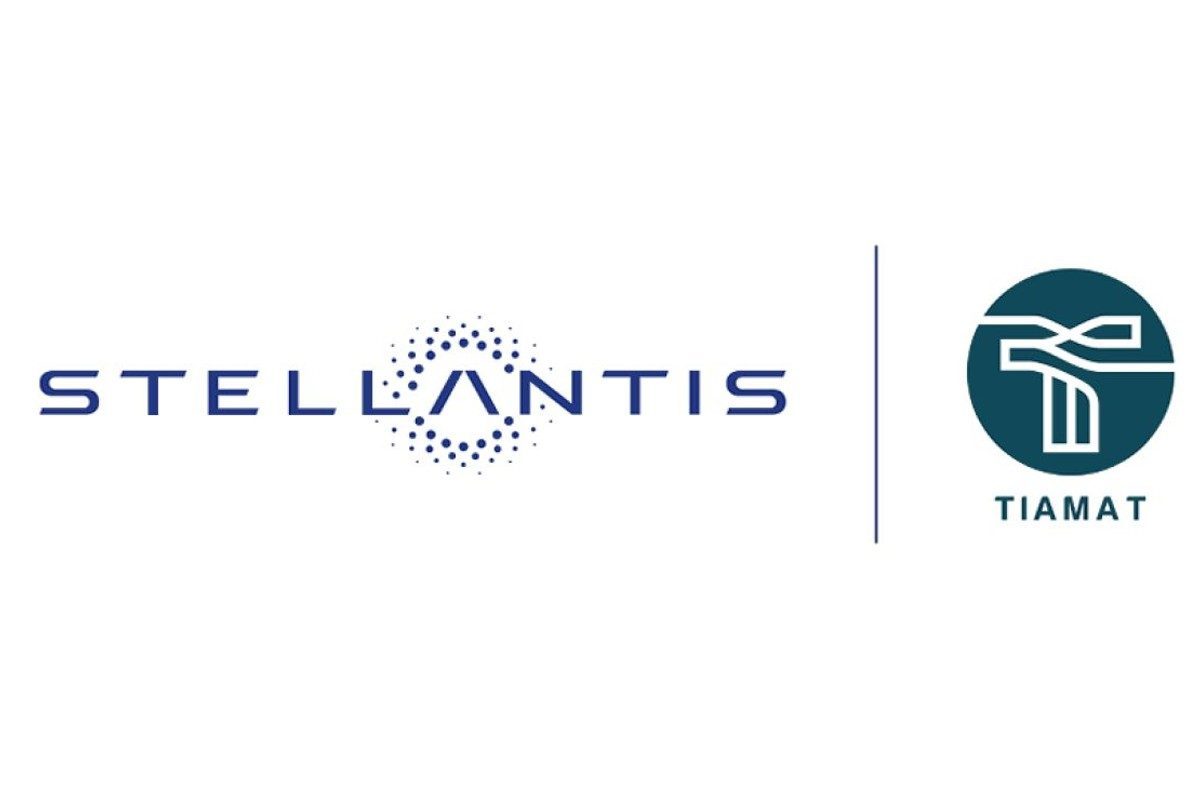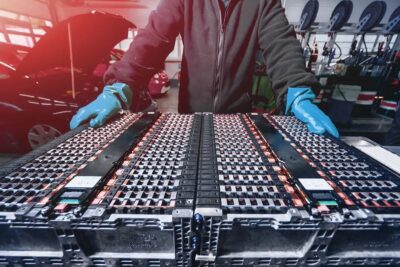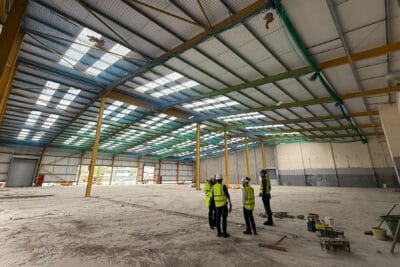Tiamat to build a 5 GWh factory for sodium-ion batteries in France
Tiamat Energy is a sodium-ion cell developer spun off from the French national research centre CNRS (Centre national de la recherche scientifique). The company is planning a production facility with an annual capacity of five gigawatt-hours and up to 1,200 jobs in the Hauts-de-France region of northern France, with construction due to start at the beginning of this year. The commissioning of the first phase of the plant with an annual capacity of 0.7 GWh is planned for the end of 2025, with the 5 GWh to be reached by 2029. Tiamat initially wants to manufacture sodium-ion cells for power tools and stationary storage applications in its factory, but will later also produce a new generation of its cells for electric cars.
Tiamat describes a new financing round, which brought in 30 million euros in the first phase, as the start of the industrial project. The backers are new investors Stellantis, Arkema and MBDA, as well as existing investors and the French investment bank Bpifrance. This is the third financing round for the startup, which was founded in Amiens in 2017. This is part of a larger fundraising in the course of which Tiamat aims to raise a total of 150 million euros through grants, loans and other investor funds.
The size of Stellantis’ investment is not specified in the company’s press release. Ned Curic, Director of Engineering and Technology at Stellantis, is only quoted as saying that “Exploring new options for more sustainable and affordable batteries that use widely available raw materials is a key part of our ambitions of the Dare Forward 2030 strategic plan that will see us reach carbon net zero by 2038.”
According to Tiamat Managing Director Herve Beuffe, the above-mentioned funds will be used in part for the construction of a battery factory in northern France. The company wants to locate its plant in a region that is booming in the battery sector. Battery cell factories from ProLogium and Renault partner Verkor, a battery recycling plant from Eramet and Suez and a cathode material plant from XTC and Orano are being built around Dunkerque alone – the Envision battery factory currently under construction in Douai is also located in the Hauts-de-France region.
However, Tiamat is the only player in this list that favours sodium-ion batteries. These are a technology that has re-emerged in recent years and would bring a clear cost reduction in the electric car sector. After all, the low-cost sodium replaces lithium, which has now become very expensive. However, there is a downside: sodium-ion batteries are known to have a lower energy density. We had the pros and cons as well as the potential of the technology assessed by experts some time ago. You can read the results here.
In China, the big players are increasingly turning to sodium-ion batteries: BYD and Huaihai recently signed a contract to build a plant for sodium-ion batteries in China with an annual capacity of 30 GWh. CATL is also planning to produce sodium-ion cells. The Chinese startup Zoolnasm is also planning to do so from 2024.
In Europe, only the Swedish battery cell manufacturer Northvolt has announced its entry into the sodium-ion battery business. However, a lot is also happening at research level in Germany: EAS Batteries, Ionic Liquids Technologies and three institutes at the TU Braunschweig recently announced, for example, that they are developing production processes for sodium-ion cells in the NaNaBatt project, which are primarily intended to be sustainable and cost-efficient.
Update 02 February 2024
Tiamat has entered into a strategic partnership with battery system manufacturer LEAD. The expertise of the new partner should play a decisive role in ensuring a rapid and effective transition to large-scale production, according to the statement.
media.stellantis.com, linkedin.com, linkedin.com (press release by Tiamat), tiamat-energy.com, pressebox.com (update)





0 Comments